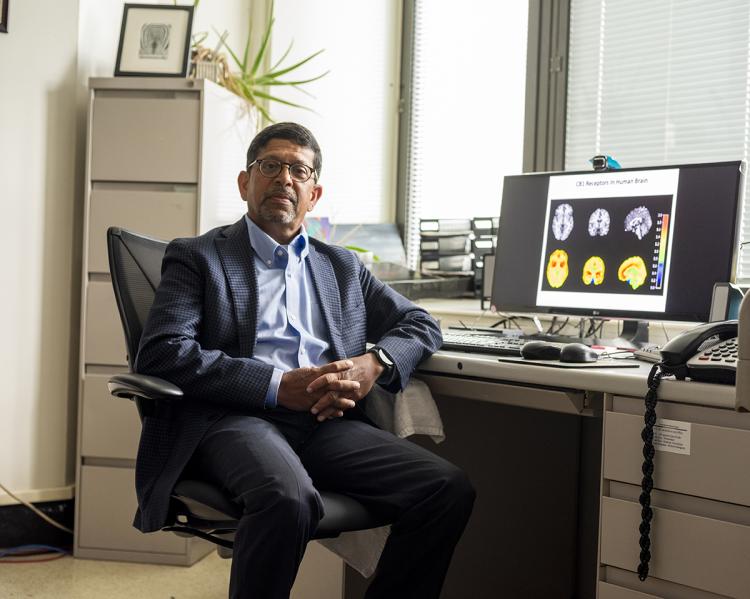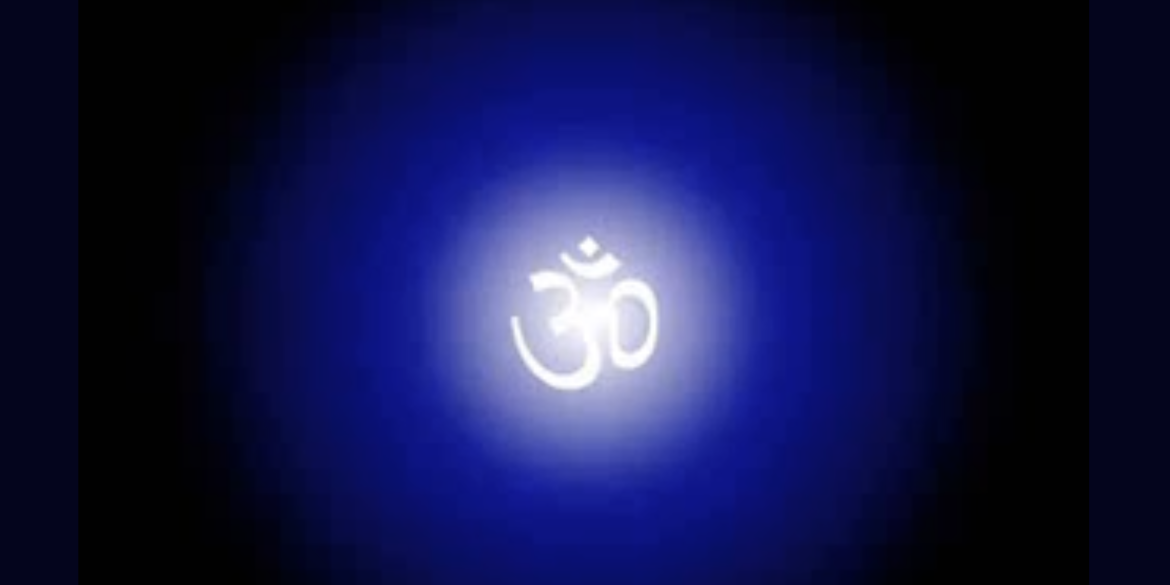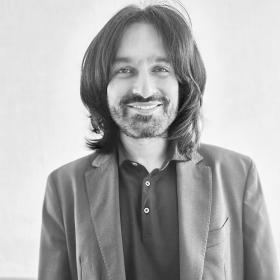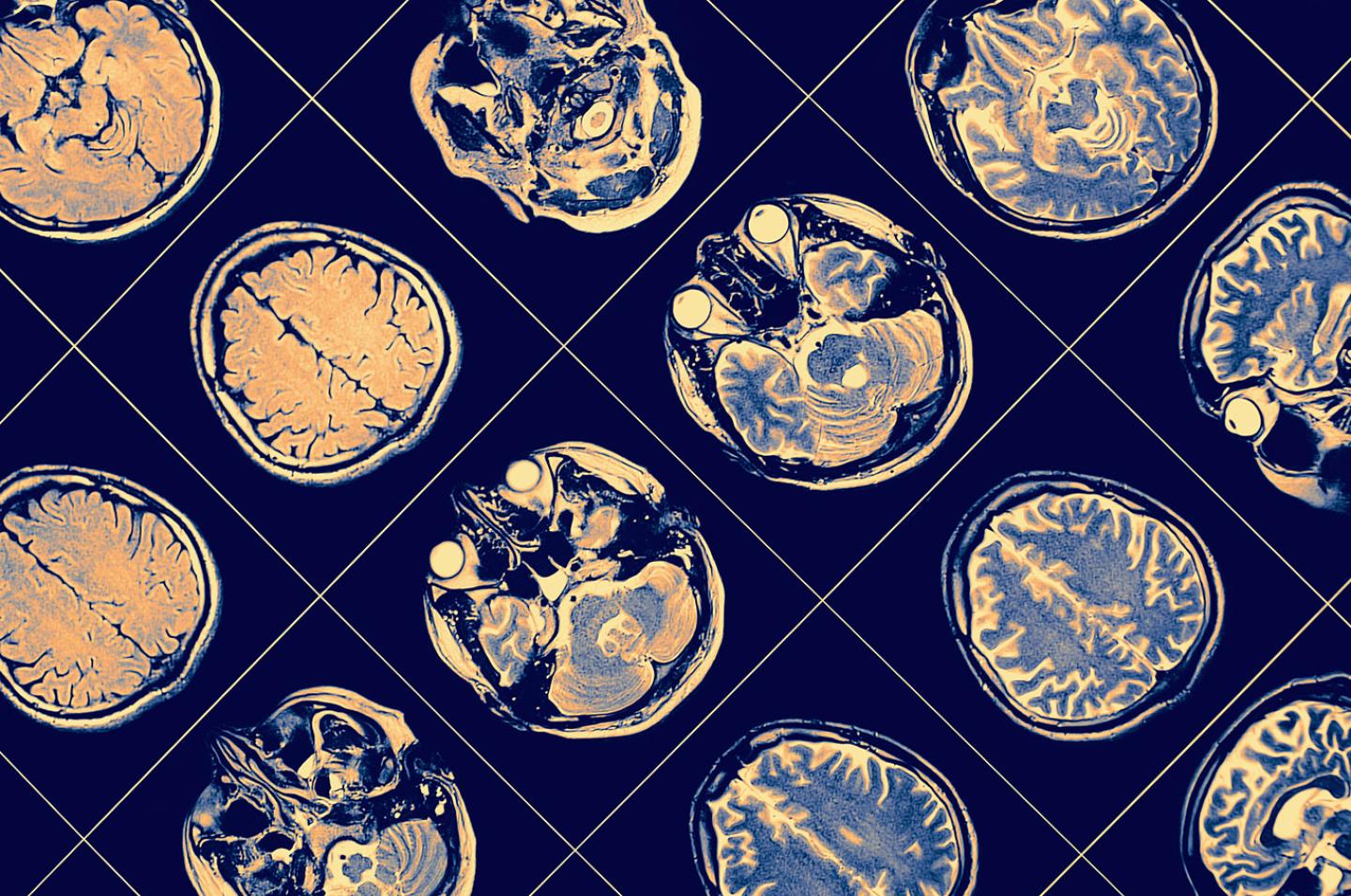People who have taken psychedelic drugs often report profound, transformative experiences. In recent years, the medical community has come to recognize that these substances—such as psilocybin and dimethyltryptamine (DMT)—may have powerful, long-lasting therapeutic effects. Studies have shown some promising results for people with post-traumatic stress disorder (PTSD) or major depressive disorder. However, the nature of these substances has made it difficult to establish their role in medicine: psychedelic compounds often produce highly subjective experiences, with variables including a person’s initial mindset and the setting in which a drug is administered.
Studying Settings
Deepak Cyril D’Souza, recently named the inaugural Vikram Sodhi ’92 Professor of Psychiatry at the Yale School of Medicine, has been studying psychedelic compounds—including psilocybin, DMT, and others—for over thirty years. D’Souza seeks to understand the role of setting, such as music and room décor, in the therapeutic impact of psychedelic drugs. DMT, for example, is often consumed as part of an ayahuasca ceremony, a tradition dating back hundreds of years, if not more, in South America. “Will something done in a specific setting—the middle of the Amazon under the direction of a shaman—also work in New Haven?” D’Souza asks. “What is the ideal setting in which to do these studies in the United States?”
Similarly, psilocybin is often administered to drug-trial participants by doctors in “spa-like settings,” D’Souza says, usually with particular types of artwork on the walls and “specialized music,” such as sitar music. “Would the music of Chopin or Monk work as well or better?” D’Souza wonders. Or art with “Inca or Tibetan motifs?”
Oregon for example, has licensed psilocybin services for certain conditions. But D’Souza says that some basic questions about psychedelics still need to be answered: “How long of a psychedelic trip do you need to have in order to benefit? What intensity of psychedelic effects do you need? How often?” When taken orally, the psychedelic effects of psilocybin last six to eight hours. The length of a DMT experience may be easier to regulate if given intravenously, which may also help regulate the intensity and make running experiments more practical, D’Souza says.






Complex Regulations
A gift from Vikram Sodhi ’92 established the new professorship. Sodhi serves on the For Humanity campaign’s Europe Regional Advisory Group and the President’s Council on International Activities. He hopes that D’Souza’s research will help “drive the field forward in pursuit of solutions that will benefit society as a whole and change lives for the better,” he says. “Amidst a complex regulatory environment, this support will help catalyze new knowledge in the area of psychedelic and other therapies for conditions like PTSD and depression, which impact millions of people across the globe.”
One major obstacle to research on psychedelics, D’Souza says, is that these drugs are classified as “Schedule I” by the US government. “Acquiring, storing, administering, and disposing of these drugs requires a high level of oversight and infrastructure,” he says. Even as an established researcher, D’Souza has to go through the long, slow process—sometimes close to two years—of getting a study approved by the Drug Enforcement Agency, the Food and Drug Administration, and Yale’s Institutional Review Board. “As a junior investigator, two years of waiting on regulatory approvals would kill your career,” D’Souza says. “But it’s very important to have junior investigators in this field, because they bring fresh new ideas or different ways of looking at things.”
D’Souza hopes that the support and prestige of an endowed professorship at Yale may help move the needle, in some small way, toward a more welcoming landscape for younger researchers. In addition to his research, he teaches residents and mentors junior faculty and other doctors who are interested in psychedelics. “An important academic mission is to foster the growth of new investigators,” he says.
Long-Lasting Support
The professorship bestowed on D’Souza will be beneficial as he navigates the governmental requirements to design and run experiments to establish solid evidence for the benefits of psychedelics and other substances. “Professorships provide sustained funding to our most accomplished scientists and permit them to pursue high risk, high reward research,” says Nancy J. Brown ’81, the Jean and David W. Wallace Dean of Medicine.
Psychedelics are just one part of D’Souza’s work. He is also a staff psychiatrist in the VA Connecticut Healthcare System and holds leadership positions at the university. As director of the Yale Center for the Science of Cannabis and Cannabinoids, he conducts research on the benefits and potential risks of cannabis and its constituent cannabinoids. The center also works to inform other researchers and the general public about its findings, including on the use of cannabis to treat PTSD and chronic pain, as well as information about cannabis use disorder. D’Souza is also an expert on schizophrenia; he directs the Schizophrenia Neuropharmacology Research Group at Yale, which seeks to develop better treatments for the condition.
In the Department of Psychiatry, this is the first endowed chair named after a person of Indian origin. To be appointed to the position is, for D’Souza, who was born in India and completed his undergraduate studies there, both “a remarkable coincidence and heartwarming.”
